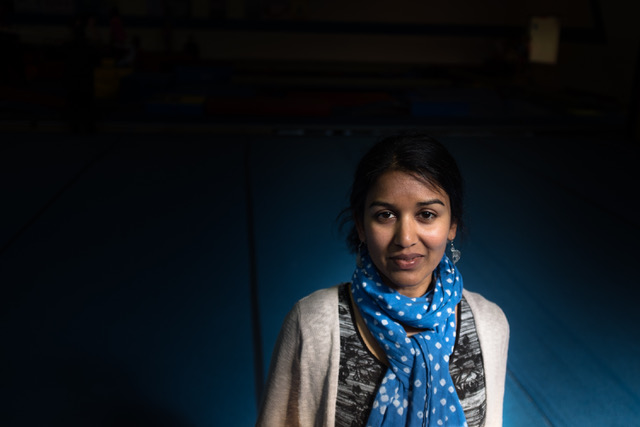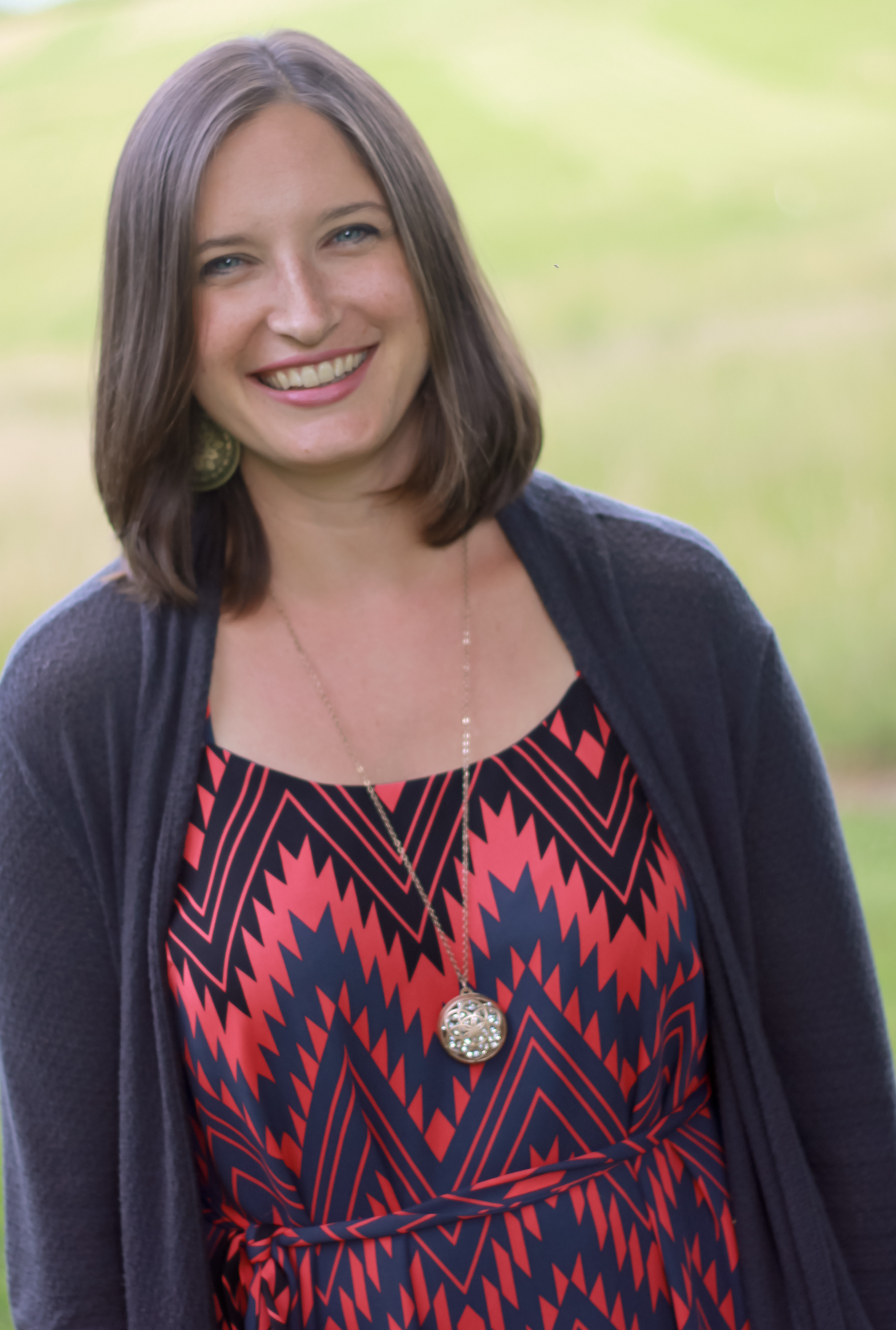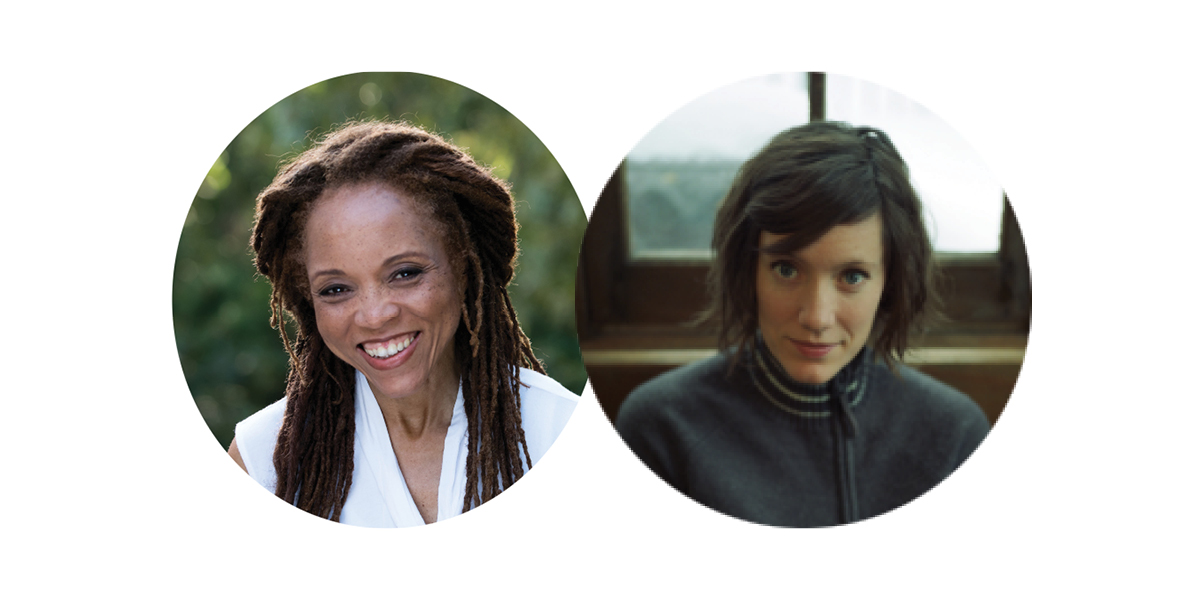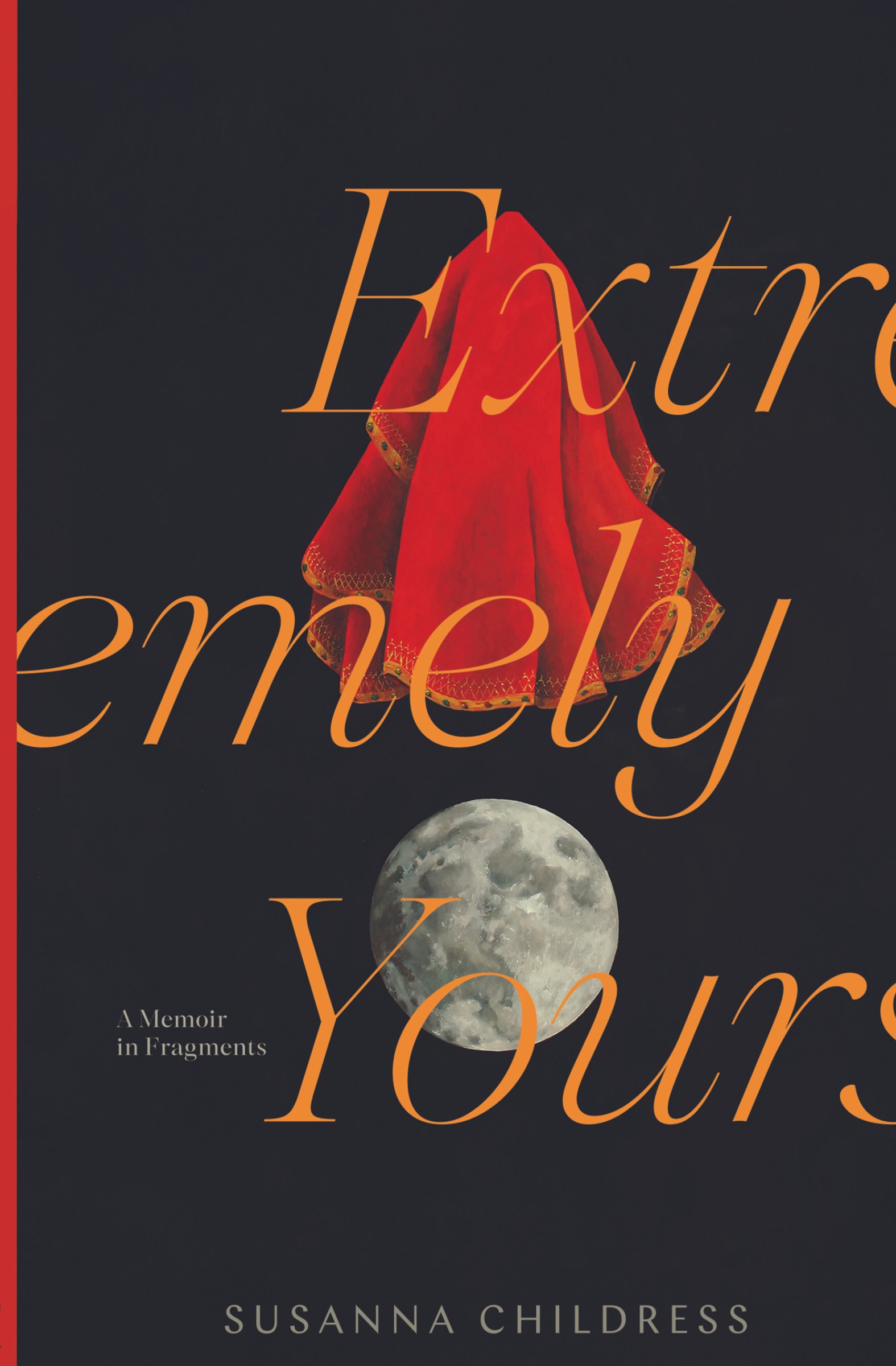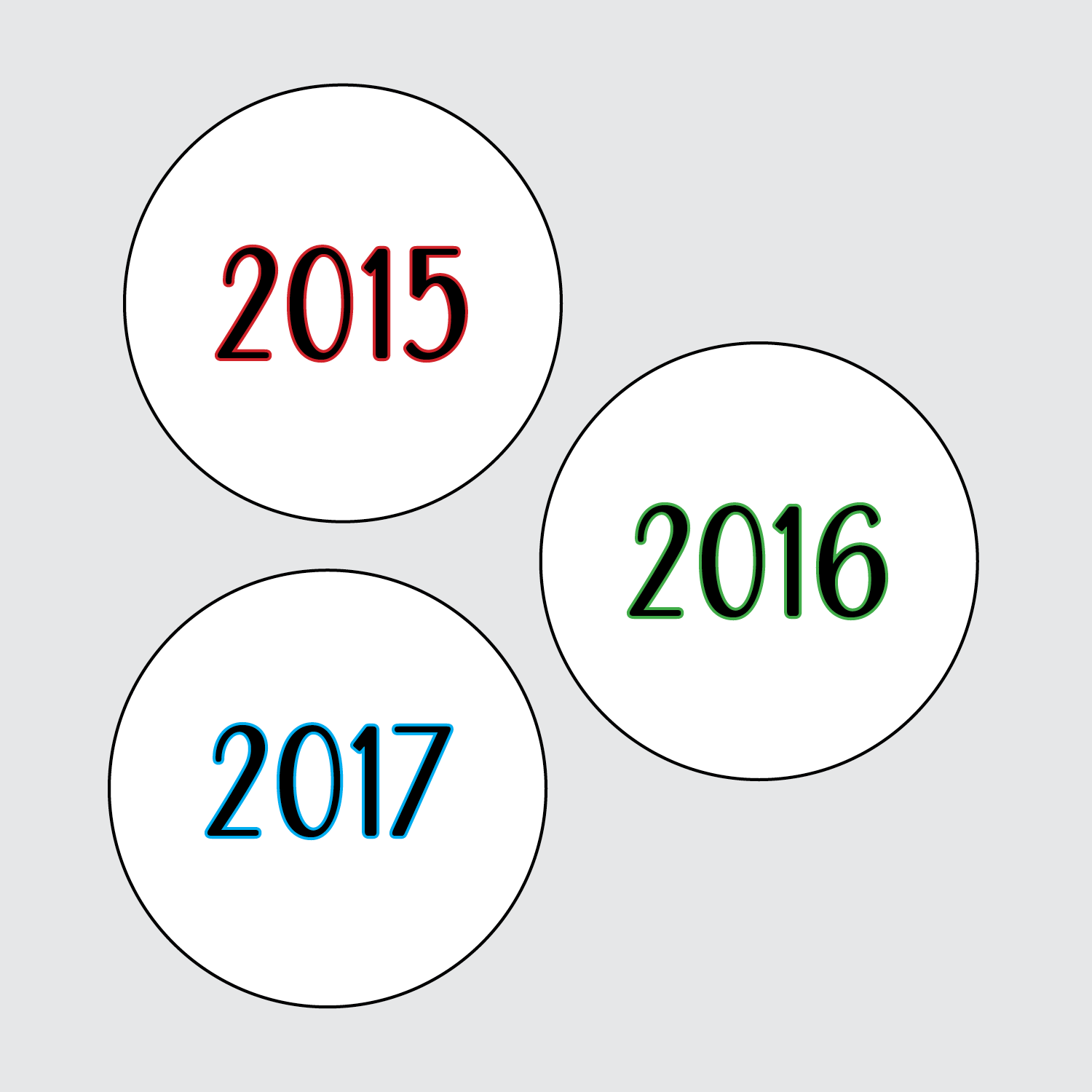By Michelle Webster-Hein
Until I left home at eighteen, I attended an independent Baptist church in rural Michigan. For you, the phrase “independent Baptist” might call to mind exclusive membership, rigorous legalism, silent women, and anti-LGBT rhetoric. Yes, I know what people say about assuming, but this time you’d be dead-on.
The list of “don'ts” was epic and at times confounding, as it went far beyond the classical sins. Beware pride and also PG movies. Flee the demons of lust and covetousness and also music with drumbeats. If you have a vagina, don't go flashing your clavicles, or your shoulders, or any scrap of skin above the knee. In fact, we don't want to see your knees. I mean, we probably do, and that's why you should cover them up. Release the hems from your coolots, for God's sake. Smother thy body and follow the Lord.
Michelle Webster-Hein
Of course, women had a particularly rough go of it. Other than playing the piano and singing, their roles were limited to cooking and cleaning, teaching the youngest children, and taking turns in the nursery. They zipped it in the sanctuary, though the pastor made one exception when a friend of mine, a fellow teenager, got pregnant and was made to stand before the congregation and apologize. (The pastor's wife had discouraged this course of action, especially since the girl had lost her father a handful of years before, but the apology went forward as planned. Women—so soft and sentimental, so forgiving.)
Wives were commanded to submit to their husbands, even the heavy-handed ones so that each man might behold his wife's “chaste conversation coupled with fear.” One man attended faithfully without his wife, arousing pity for his “unequally yoked” state. I later discovered that the man beat the woman and locked her, occasionally, in the attic. When she finally ran away, he replaced her with a prostitute—someone with even fewer options, with even less of a chance of defending herself.
On the LGBTQ front, one of the pastor's sons quoted a passage in Sunday school which, he claimed, justified the killing of homosexuals. Though I recall at least two teachers in the room, I do not recall his point being discouraged.
All of these stories are true, and yet, as with everything, there are two sides, or rather, there is an infinite number of subtle colorations. As a child with crippling anxiety and OCD behaviors, I derived great joy and comfort from the church. I relished the rules, the assurance, the clear boundaries. At school, I struggled to make friends, but at our small country church, our common beliefs bound us together.
When my brother and I were hit broadside by a truck, my brother was flown to a distant hospital while I remained at another. The pastor's wife spent the night with me there, a night which, I found out later, was her fortieth birthday. The same woman taught my sister and me piano lessons for a very affordable—even negotiable—price.
Her husband, the pastor, encouraged me to attend college, though I was the first in my family to do so, and he wrote a long and generous letter of recommendation to aid in my acceptance. The elderly ladies sent me off with cards and checks and crocheted bookmarks. There was real caring and real sacrifice there, real love, alongside the hate speech, the ridiculous rules, the justifications of cruelty and abuse, the quiet violence of silence. There were good reasons to stay, to cling.
But eventually, I could not cling anymore. I read too much and too widely. I met others, both in life and on the page, who broke out from the neat, narrow categories of the saved and the damned. In my freshman year at a Bible college, a missionary speaker came to call us to the field.
“People ask me,” he said, “What happens to those who have never heard the message of Christ. Most avoid this question, but I'm going to tell you the truth. These people are dying and going to hell because you are not going to save them.”
Messages like these struck me as ludicrous, insupportable. The belief that God would be as small and punitive as we are. That one could, at one moment, be bound for a fiery eternity in hell and then, after a specifically-worded but heartfelt prayer, be bound just as surely for glory. That men should just happen to write themselves into all positions of leadership. And so on, and so on.
Around the age of twenty, I finally decided that I would no longer believe. I had made, to the best of my ability, a sensible choice. I reminded myself of Peter Berger's pronouncement in The Sacred Canopy, that religion is the audacity to believe that the entire universe is humanly significant. I would not, I assured myself, be such a fool.
I would like to tell you that I returned to religion through reason, through the careful study of many sound arguments. I did keep reading, and I discovered many provocative writers of faith—Marilynne Robinson, Jack Miles, Cynthia Bourgeault, Anne Lamott, Simone Weil.
But I did not return to faith because my mind insisted on the rightness of belief. I returned because I carried within me an unassailable conviction that materialism is inherently short sighted, that what we see is not all there is, that there are mysteries transcending, always, our scrupulous arguments and observations—that there are, as Cynthia Bourgeault writes, other ways of knowing that are perhaps more trustworthy and more far-reaching than the confines of our rational brains. I returned because no matter how hard I tried to convince my mind that faith was baseless, all the rest of me never stopped believing, not my heart or my body or that ocean of being within us—the soul, I suspect—which, in its depths, connects us to each other and to everything else.
Ultimately, I continued to believe in God because, ever since I was a small, scared child, I have sensed God beside me. I apologize that I cannot put it any more succinctly or objectively than that. I feel God's presence daily. I turn to God, to Spirit, to that limitless presence of Love, and I find Her there. I think She is always there. And I believe, to quote Brian Doyle, that when I die, I will be “headed back home to the incomprehensible Love from which I came, mewling, many years ago.” Just as, in writing, there is that one still, small voice which, if I can discern it, never steers me wrong, there is also this Spirit, speaking quietly within the whirlwind of my life. Who knows? Maybe they are sisters. Maybe they are the same.
But the question remains: Why not, then, remain simply spiritual? Why take up the seemingly unnecessary banner of religion?
Jack Miles calls religion a “special acknowledgment of ignorance,” a phrase I come back to often. Life requires us daily to make a hundred decisions, none of which we make with perfect knowledge. Miles writes, “We’re all stuck with ignorance as we move from quandary to quandary. What I want to do is make a case for religion as one of the means to cope with this irremediable human condition. Atheists cope in other ways, but they don’t do it by pure knowledge.”
There is a tendency to dismiss the religious as weak and obtuse. This dismissing is generally accompanied by a smug, self-righteous rationalism. I have come to regard both religious fundamentalism and a certain disdainful atheism as two sides of the same coin. They both allow the believer to be stubbornly right while most others around them are wrong and to have absolutist answers that remove the invitation to ask more questions.
As a member of a religious community, I have not become, as Simone Weil predicted of religious modernity, the lone member of my own sect. Comedian Jim Gaffigan put it more lightly when he said, “I need [religion] because I'm a lunatic.” I need it, too. Because I'm too dense and too busy to cobble together a functional system for myself, let alone one for my children, should they choose to follow it. I need help. Lots of it.
Now I call myself a Mennonite and a Christian. (I am well aware the connotations of “Christian.” I use this word both because of its accuracy and because some would exclude me from its definition.) I do not believe that my path is the only path, but I've found, after a brief and disappointing fling with Unitarianism, that I do require a particular path, a particular sort of narrowness that guides my actions and practices and, in so doing, opens up the world.
In my community, Shalom Community Church in Ann Arbor, Michigan, we hold to no fixed creed. Many of us claim the title Christian, and others of us do not. But together we strive toward our shared Anabaptist values, which, of course, are not ours alone: Nonviolence and restoration with other people and nations and with our earth; Simplicity, resisting the “idolatry of things” to better work in love and peace; Social justice, working alongside the marginalized; and Community, a commitment to honor and uphold all who join us, especially the children, to value the creative tension that results from our differences in belief, and to resist hierarchy by making decisions only by consensus. Ultimately, we follow the ways of Jesus while recognizing that we're not always sure what this entails and recognizing also that actions in this pursuit far outweigh and often eclipse the use of words.
When I say that I have returned to my faith, I can never decide whether I'm being disingenuous. The differences between the church of my childhood and the church of my adulthood are so vast as to render them nearly incomparable. And yet, I still follow the same God, the same Jesus. I still pray, though now my prayers tend more often toward silent meditations or hymns sung while chopping vegetables or folding the laundry. I still read the Bible, though now I read with more wonder than fear, and I let my questions linger.
I know so much less now than I did then. I have worked my way backward from answers to questions and to wonder and marvel. But now I also have a tradition and a community that guides and enriches my life. I still reap from my faith a way to be in the world, a basis upon which to make my decisions.
Religion gets a bad rap, for many sound and well-documented reasons. And yet, as with most things in the world, I don't think religion is the problem in and of itself, just as I don't think alcohol or sex or anger are problems in and of themselves. The problem lies in what we do with them. Religion, when pursued humbly with love and self-awareness, can work to remedy the world and can fulfill deep needs within us besides—the need to belong; the need to wrestle, in community, with time-honored questions; the need to live out those questions with like-minded people.
Now, when people ask if I'm religious…I hesitate a little. And then I say yes.
Michelle Webster Hein's work has been nominated thrice for a Pushcart Prize, recognized in the Best American series, and published in Midwestern Gothic, Ruminate Magazine, River Teeth, and Hunger Mountain, among other places. A graduate of Vermont College's MFA program, Michelle lives with her husband and children in Ypsilanti, Michigan, where she is wrapping up her first novel.
2017 Essay Series
Awst Press News





